The UN envoy for Afghanistan urged the Taliban on Wednesday to demonstrate their commitment to future engagement with the international community.
Noting that some donors are "understandably reluctant" to contribute financially to help with the humanitarian crisis in the country, Deborah Lyons, UN secretary-general's special representative for Afghanistan, told the Security Council meeting on the situation in Afghanistan that she hoped the Taliban would demonstrate commitment to a "pathway" towards future engagement with the international community to ensure critical donor funds are "not diverted or misused."
On Wednesday, the UN team in the country launched the One-UN Transitional Engagement Framework (TEF), a 3.6 billion U.S. dollars plan to save lives and sustain health, education and other essential services throughout 2022.
The UN has kept its commitment to remain in Afghanistan to deliver support, alongside aid partners ever since the Taliban became the de facto authorities of the war-torn country, reaching some 18 million people last year, said the envoy.
Talking about the pathway that the Taliban should take, Lyons, also head of the UN Assistance Mission in Afghanistan, said that "by 'pathway' I mean a series of clear, mutually understood commitments, with human rights at the forefront, which would result in Afghanistan rejoining the community of nations by securing domestic legitimacy that aligns with Afghanistan's modern history and the aspirations of its population, its multi-ethnic character, and its traditional Islamic identity."
Lyons reported that the de facto authorities have taken some steps to function more effectively as a government, including agreeing a budget fully financed by their own revenues. Although senior Taliban officials have met with ethnic minority representatives, greater inclusion in governing structures is yet to be seen.
To demonstrate commitment to governing based on trust, the Taliban must first initiate a wider dialogue towards national reconciliation, a process that must be entirely initiated and shaped by Afghans, she said, speaking virtually to the council from the capital, Kabul.
The de facto authorities must also deliver on their commitment to girls' education, she continued, welcoming recent statements that girls of all ages will be educated nationwide.
The promise to contain terrorist groups must also be followed with more meaningful actions, though Lyons suggested "a certain amount of realism" will be required here.
"Given the common interest in addressing this threat, if sufficient trust can be established this could be an area for potential cooperation between the international community and the de facto authorities," she said. "A new conversation, a new dialogue on this is warranted."









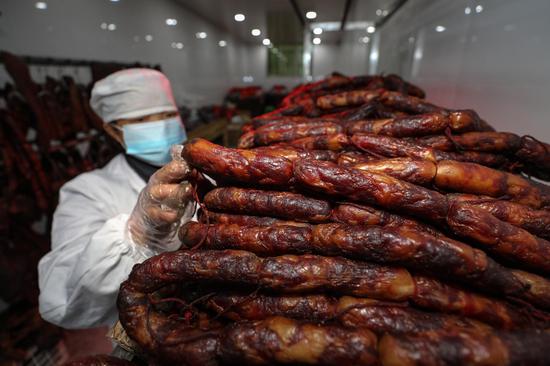

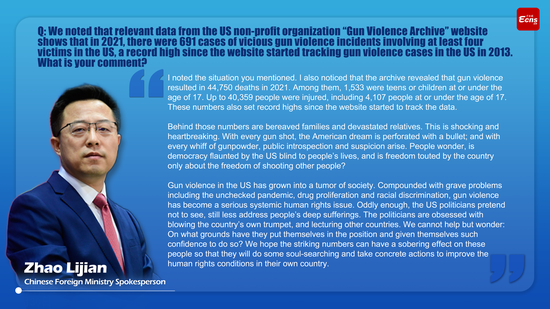

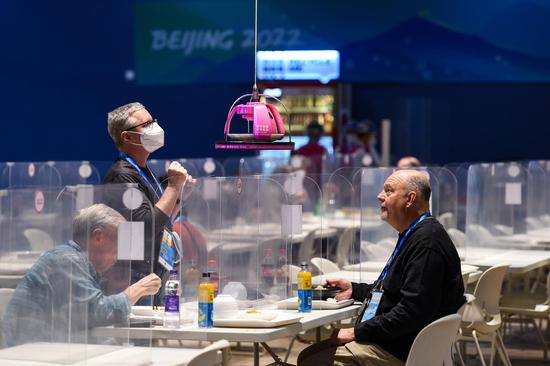


























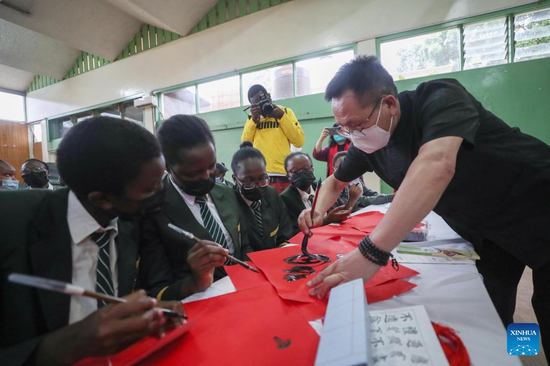

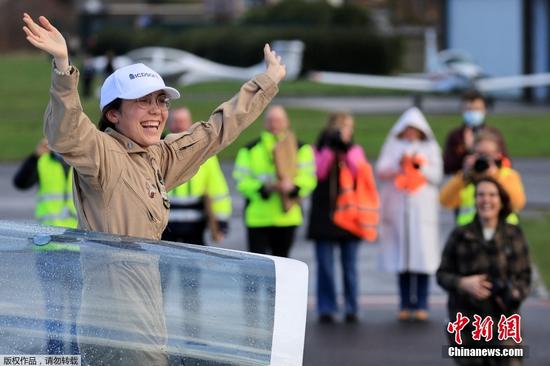







 京公网安备 11010202009201号
京公网安备 11010202009201号